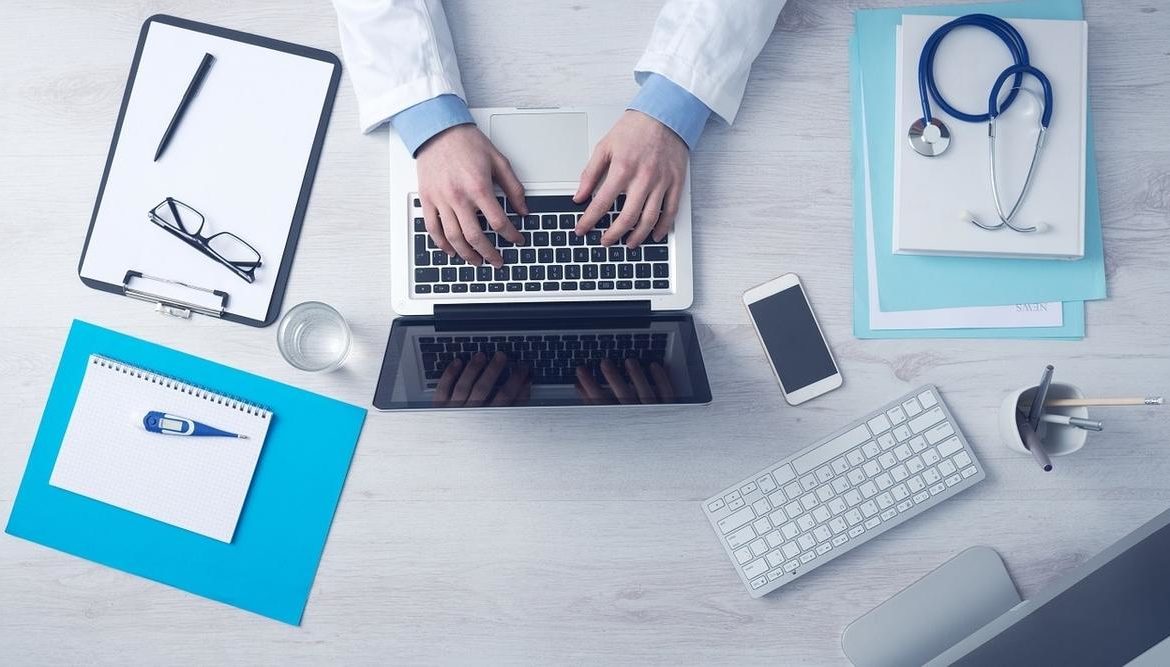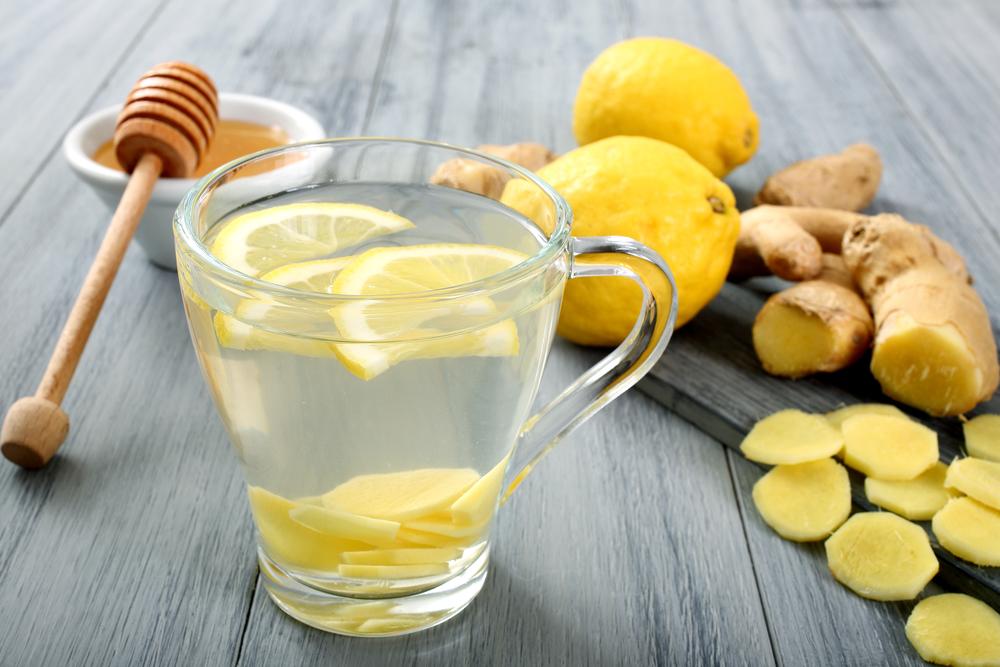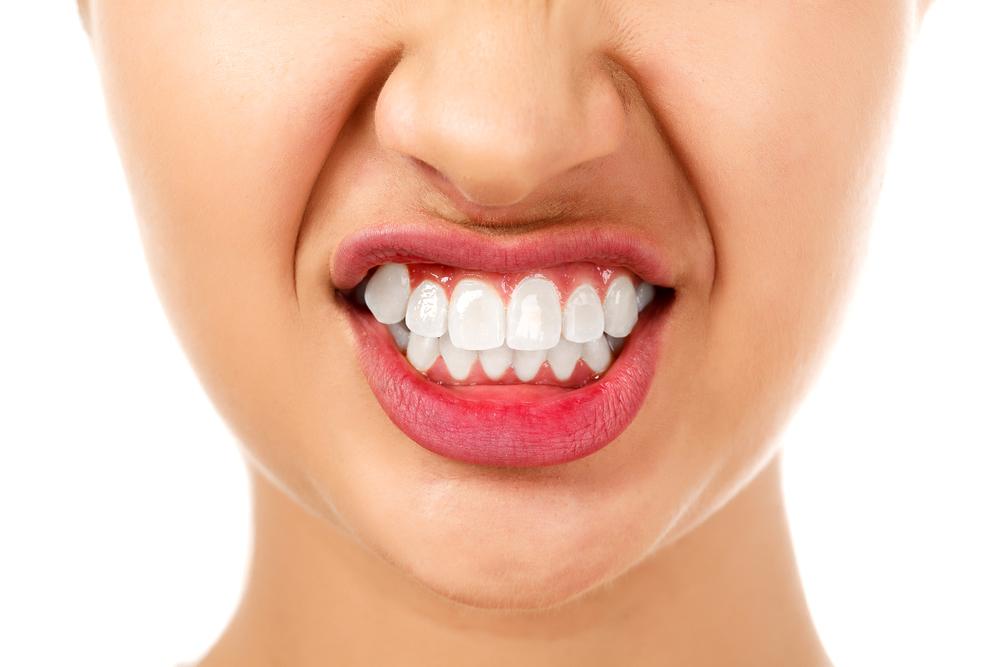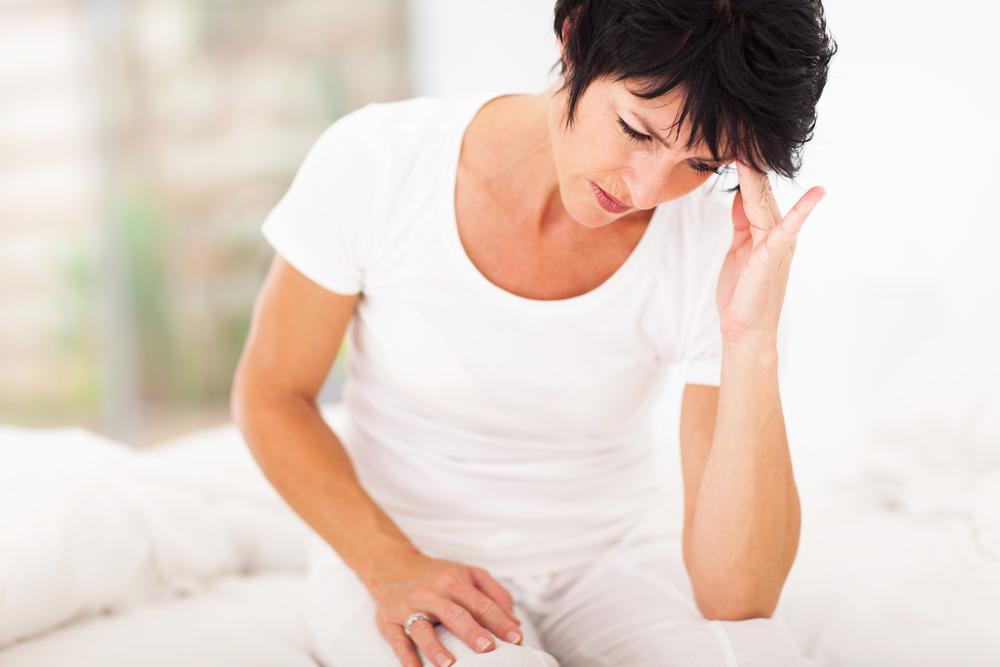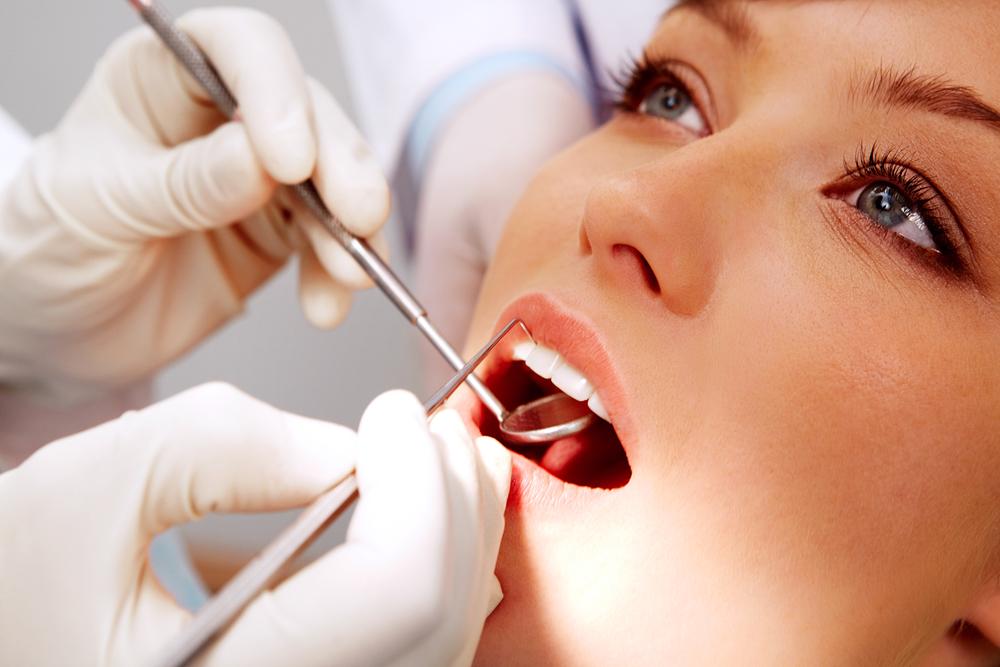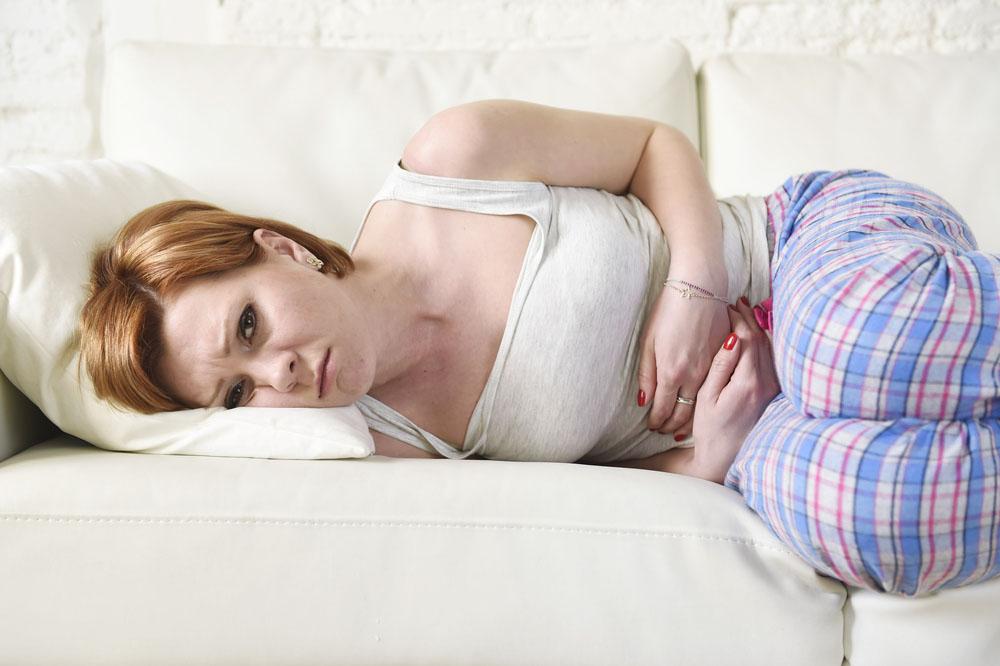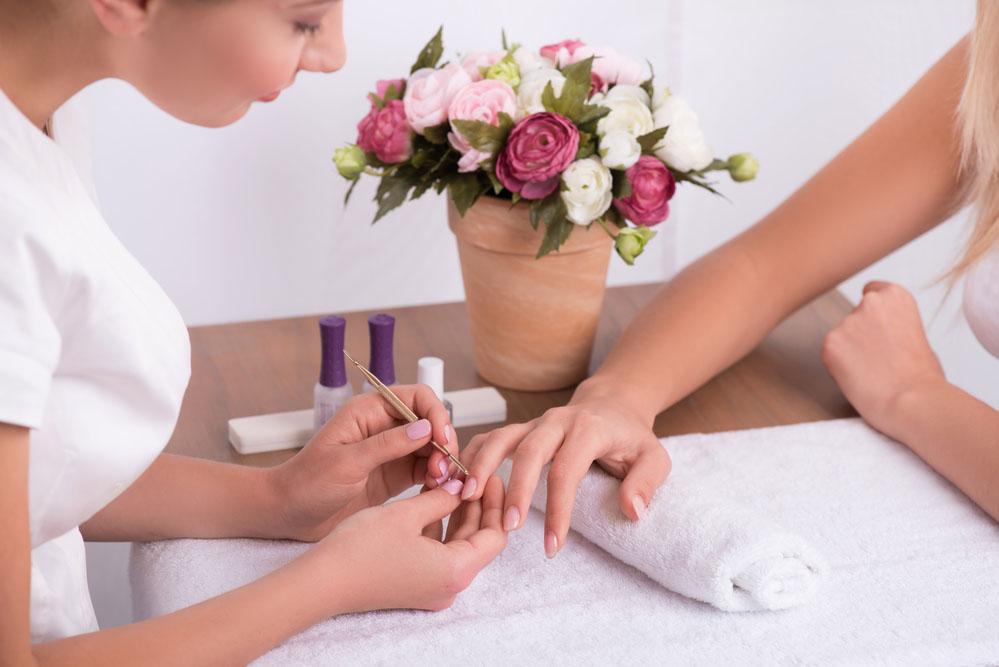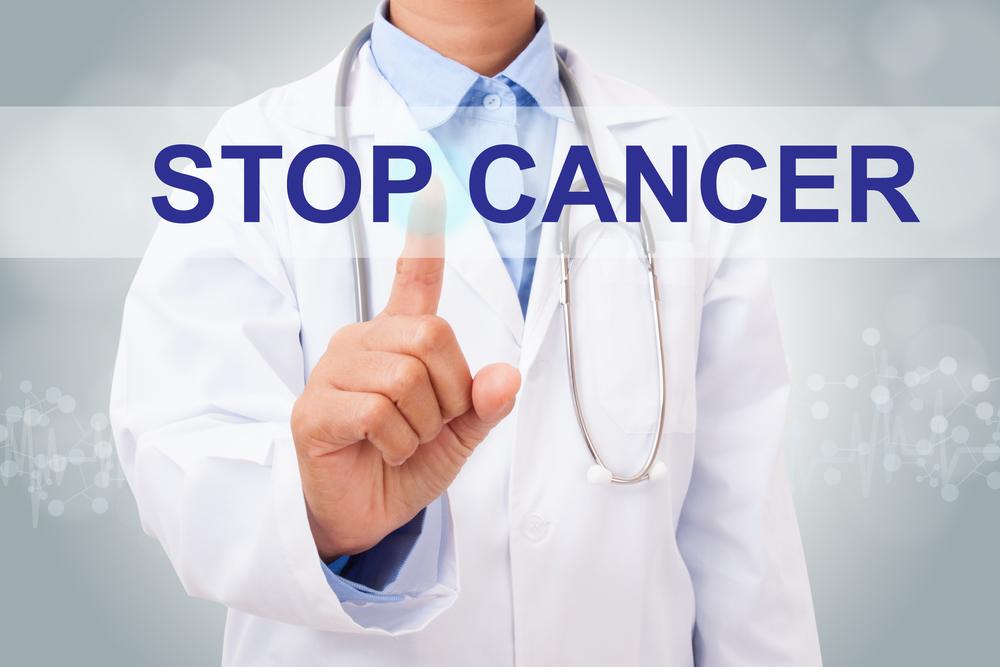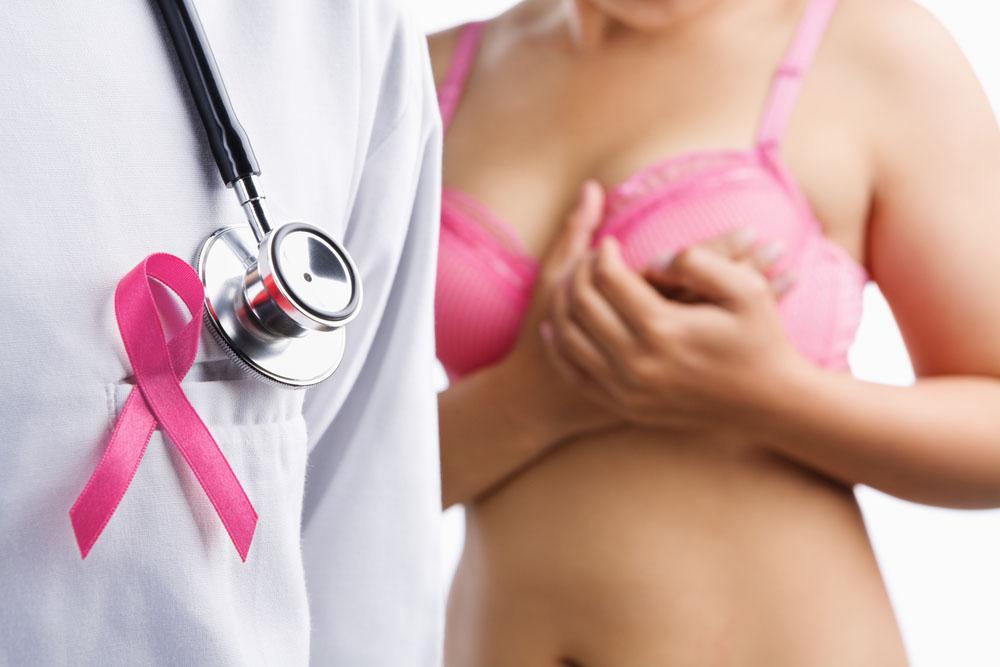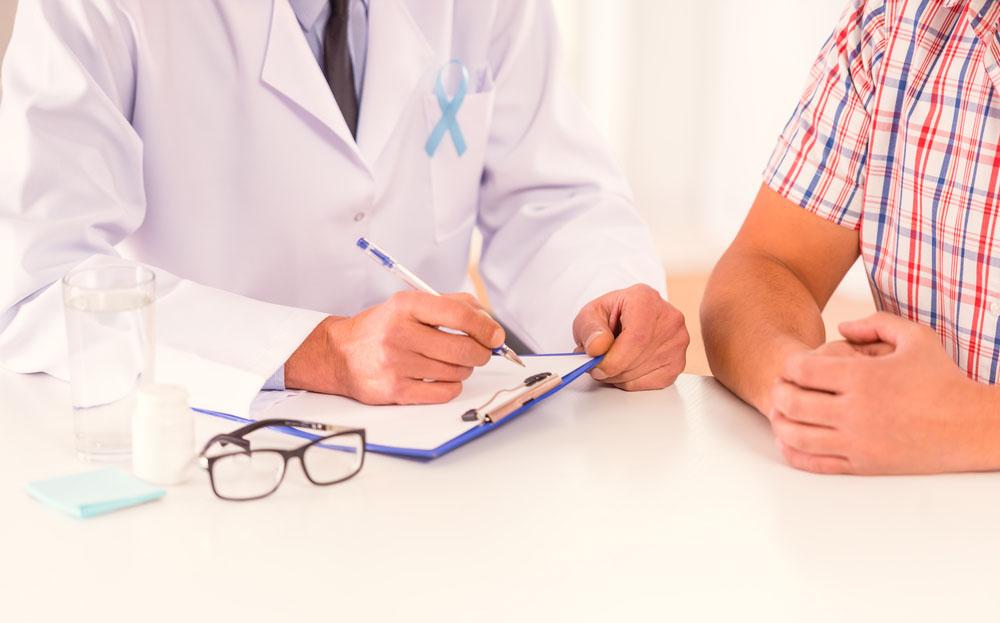Recently, there is more and more talk about autoimmune diseases, there are over 100, and scientists are still recognizing new ones. People known from the world of media admit to them, saying openly about their struggles and the long path they had to go before they were given the right diagnosis and treatment began.
Diagnosis of autoimmune diseases often lasts for years. However, their symptoms can make life very difficult and sometimes even be a real threat to it. That is why today it is the diseases resulting from autoaggression that will be the subject of my entry.
Something must have changed ...
A properly functioning immune system is designed to protect our body against invasion of pathogens and react when our own cells are damaged for some reason and function improperly. It is thanks to him that we fight off diseases, and in the place of damaged tissues new ones can form. If the immune system stopped working, even a runny nose or cut would be a lethal threat to us. The problem arises when this highly specialized system begins to go crazy and get out of control. Then the enemy that needs to be fought are completely healthy cells for him. Our body becomes a victim of its own immune system, which instead of defending it, begins to attack. Unfortunately, it is still not entirely clear why this is happening. Most often, the causes of the occurrence of autoimmune diseases are found in the genes, it is also said that the factors responsible for the occurrence of autoimmune stress are severe stress, some drugs and bacterial, fungal and viral infections.
It's not hypochondria. It's self-aggression
People suffering from autoimmune disease often struggle with its troublesome symptoms for many years before they hear the correct diagnosis and start treatment. Sent from doctor to doctor, they are often treated a bit with a grain of salt and very often compared to people suffering from a mental disorder called hypochondria. This is because autoimmune diseases are unfortunately extremely difficult to diagnose. They give a number of non-specific symptoms, suggesting the occurrence of a wide variety of diseases. However, this is not the end of putting the correct diagnosis additionally hindered by the fact that the same disease in two different patients can manifest itself completely different, effectively puzzling the doctor. Therefore, very often patients, after excluding many diseases that could be indicated by the symptoms they report, end up in the psychiatrist's office, where anxiety neurosis, depression or just hypochondria are misdiagnosed. The wrong diagnosis is also the implementation of incorrect treatment, which, unfortunately, sooner or later must make itself felt and affect health.
What should get our attention?
There are a lot of diseases resulting from autoimmune diseases, there are even more varied symptoms. Therefore, it is impossible to name a few that will become a clue to make a diagnosis. Our attention should be drawn by continuous or wave-like weakness and fatigue, not even after a long rest. The disease may also be suggested by a sudden change in body weight while maintaining the same diet. Autoimmune diseases are also manifested through various skin lesions, arthralgia, arrhythmias, dry mucous membranes and skin, headaches and dizziness, food allergies, dry eye syndrome, so-called brain fog and even panic attacks and depression. We must be aware that autoimmune diseases can affect every part of our body. Unfortunately, so far we do not have tests that could lead us to any of this huge pool of diseases. The observed symptoms very often occur with periods of exacerbation and remission, and the onset of the disease can be very slow, almost imperceptible to the patient or rapid. An additional difficulty is the fact that diseases resulting from autoimmune dislikes loneliness, which is why they often occur with other co-existing autoimmune diseases. That is why a very thorough interview with the patient is a very important element that begins the path to proper diagnosis. Both the professional approach of the doctor and the openness of the patient, who should tell about all even incompatible symptoms, plays a huge role here.
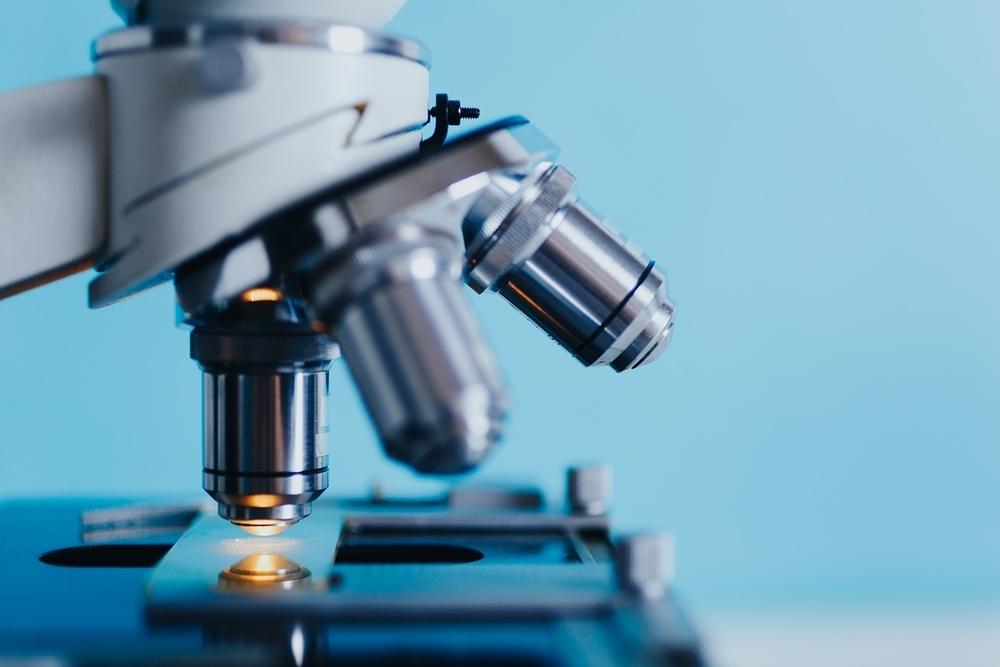
Unfortunately, even if we are lucky and we get to a doctor who will undertake to find the perpetrator of our malaise or troublesome skin symptoms, we will face a large series of various types of tests. Starting from the simplest ones like morphology and urine through the more complicated ones e.g. for the presence of antibodies, ultrasound, magnetic resonance imaging and sometimes even biopsy and histopathological examinations.
Diagnosis and what's next
Unfortunately, because it is still unknown what the real reason is that our immune system suddenly, instead of protecting us, begins to turn against us, and there is no drug that could reverse such action. Therapy that lasts most often until the end of the patient's life consists primarily in reducing symptoms and controlling the autoimmune process. However, early recognition of the disease is very important here, the chance to maintain long-term control over it largely depends on what stage of treatment was started. Various symptoms cause, however, that the treatment of each person should be tailored very individually. It is also necessary to constantly monitor the patient's health and disease progression so as to choose the best possible therapy at each stage. It is also very important to support pharmacological treatment by changing the lifestyle and using a well-balanced diet meeting the body's needs. Supplementation supplementing vitamin and mineral deficiencies very often associated with this type of disease is also significant here. Remember, however, that the use of supplements should always be decided by a doctor. Patients should also give up smoking and drinking alcohol, these are drugs that many specialists put on the list of disease activating factors. Stress and lack of sleep are also an enemy of people suffering from autoimmune diseases. That is why it is very important to find a moment for a large portion of relaxation and to sleep well each day.
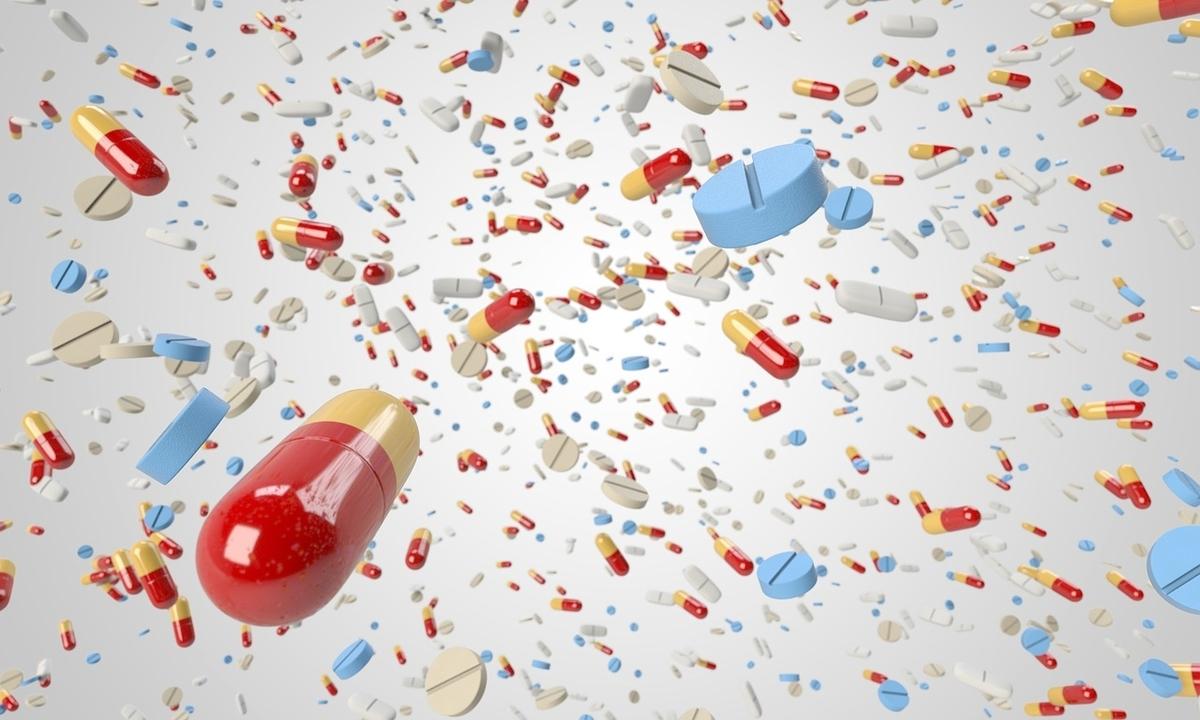
When the skin is ill
Autoimmune diseases can affect any cell in our body, impairing the functioning of the organs involved. Some of them also affect our appearance and although the aesthetic side is perhaps not a priority in the treatment of this type of disease, alleviating skin symptoms can bring great relief, while improving the patient's mental well-being. Patients often complain of persistent dryness and peeling of the skin, hyperpigmentation, cellulite, hair loss, nail weakness, various types of rashes, unsightly looking spider veins or excessive hair. Sometimes, skin problems are one of the main symptoms of an autoimmune disease. This happens when, for example, psoriasis is manifested by the appearance of red and scaly spots on the elbows, knees or scalp; alopecia areata, when the immune system attacks the hair follicles, causing large hair loss locally; vitiligo manifesting as white patches on the skin as a result of its depigmentation; scleroderma, with local thickening and ulceration of the skin or systemic lupus erythematosus, when one of the symptoms of the disease is the appearance of red butterfly-shaped erythema on the face. Properly selected treatment in many cases reduces the symptoms of the disease visible on our body, but it is always necessary to support therapy by proper care and avoidance of harmful irritants, both those contained in cosmetics and food, as well as those associated with weather conditions.
Aesthetic medicine, safe or not?
Everyone would like to have healthy and beautiful skin, which is why, in addition to daily care, we often decide to embellish it using the benefits of aesthetic medicine. In the case of autoimmune diseases, however, it is very difficult to predict the body's response, which is why most of the described procedures describe them as a contraindication to carry them out. This does not mean, however, that you can't help people struggling with this type of disease by eliminating or significantly reducing the marks that the disease has left on their body. Very often, treatments with the use of laser are performed, which help to even out skin tone, reduce the visibility of scars and discolorations and, by accelerating the regeneration process, make it look healthier. Good effects are also achieved by filling or injecting the skin with e.g. hyaluronic acid preparations, which will smooth, moisturize, improve the face oval and fill wrinkles. Mesotherapy can also be a helpful procedure in the treatment of excessive hair loss in the course of alopecia areata. In turn, in the case of psoriasis, carboxytherapy is successfully used, i.e. a procedure using the therapeutic effect of carbon dioxide. It increases the flow of blood, oxygen and nutrients to the treated area, which causes calming down the lesions.

